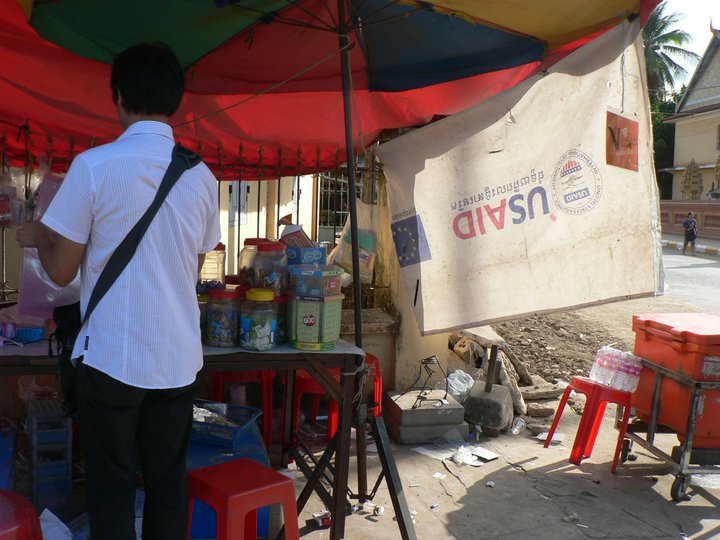Matthew Winters
 Local-level Foreign interventions, Generalized Trust, and the Formation of Beliefs about Outsiders
Local-level Foreign interventions, Generalized Trust, and the Formation of Beliefs about Outsiders
Foreign-aid agencies often “brand” or visually mark their assistance as a strategy to associate the positive outcomes and recipients’ gratitude with the donor country. The general expectation is that branding will result in increased trust and better relations; but there is little rigorous evidence to support this expectation. Foreign aid can also have unintended negative effects, engendering feelings of shame, exploitation, and resentment among recipients, and branding can associate these feelings with the donor government as well. Knowledge of foreign funding can also delegitimize the domestic government or create local distrust in the project itself, thereby reducing the aid’s effectiveness.
During his Center appointment, Professor Winters will employ survey methods and measurement tools from behavioral economics to focus on three attitudinal consequences of branding foreign aid: Foreign policy: Does knowledge about the source of financing for a particular project affect citizens’ attitudes toward the donor country? This question goes to opinion and belief formation.
Government legitimacy: Does foreign sponsorship affect citizens’ attitudes toward their own government? These research results might reveal that branding can undermine government legitimacy and regime stability.
Aid effectiveness: Do aid recipients respond to branded foreign-sponsored projects differently compared with unbranded projects? These results will provide new insights into the consideration of how to deliver aid most effectively.
In the coming year, Professor Winters will analyze his survey data and produce a series of working papers for academic and policy audiences, with the goal of revealing underlying mechanisms that form local perceptions of foreign aid. The work is expected to lead to actionable policy suggestions for the branding and funding of aid interventions in developing countries.
